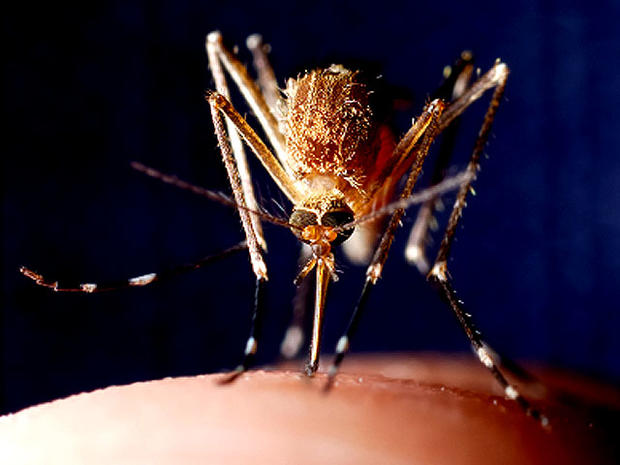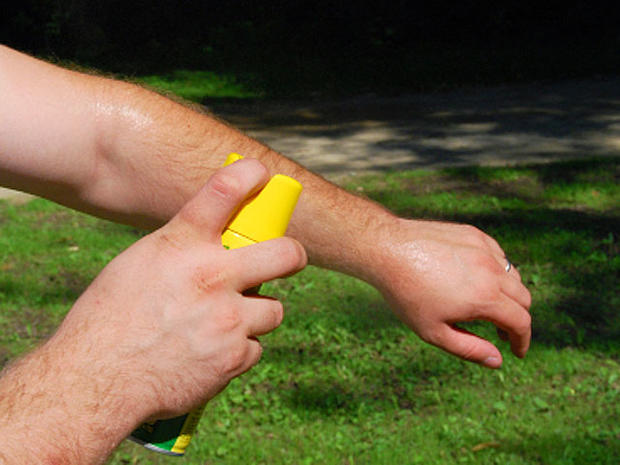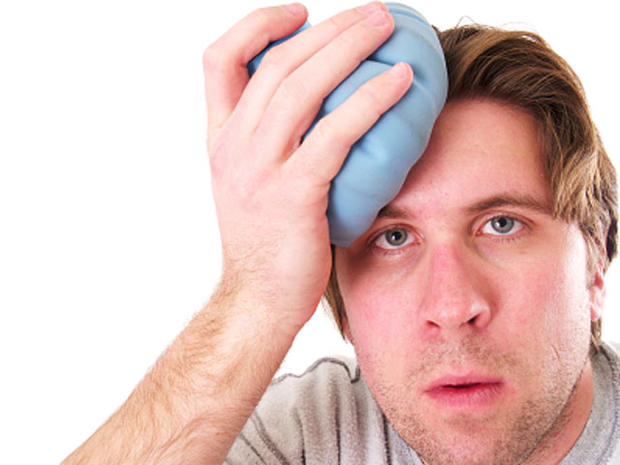West Nile virus: How to stay safe
Worried about West Nile? The CDC says outbreaks of the viral illness have been reported from Virginia to California, with Mississippi being particularly hard hit. Most people infected with the virus suffer no long-term effects, but some people experience permanent neurological problems - so it pays to be safe.
Keep clicking for answers to six common questions about West Nile...
How can I minimize my risk?
The simplest way to avoid being sickened by the West Nile virus is to avoid the bites of mosquitoes that carry the virus. Make sure your windows and doors have good screens, and get rid of mosquito breeding sites by getting rid of standing water in buckets, barrels, flower pots, kids' pools, etc. When you go outdoors, use insect repellent and wear long sleeves and long pants - especially around dusk and dawn. People over age 50 are at greatest risk of developing severe symptoms. They should be especially careful to avoid mosquito bites.
What are the symptoms of West Nile?
Most people who contract West Nile virus experience no symptoms at all. Up to 20 percent of infected people experience symptoms like fever, headache, body aches, nausea, vomiting, swollen glands, and a rash on the chest, stomach and back. These typically last a few days, though some people can be sick for weeks. About one in 150 people infected with the virus develop severe illness, which can lead to coma, convulsions, vision, and even paralysis. The neurological effects can be permanent.
Can West Nile virus spread from person to person?
In rare cases, West Nile virus has spread via blood transfusions, organ transplants, and from mother to child during pregnancy or during breast-feeding. But the vast majority of cases come from mosquito bites. You can't contract the virus from casual contact with someone who is infected.
How soon do symptoms appear?
People typically develop symptoms between three days and two weeks after being bitten by an infected mosquito. If you think you've been infected, it's generally not necessary to seek medical attention unless you experience severe symptoms. But if you do experience severe headaches or confusion, see a doctor right away.
Is there a vaccine for West Nile?
There is no vaccine, though scientists are working to develop one. There is a vaccine for preventing West Nile in horses, but humans should not use it.
How is West Nile treated?
There's no specific treatment for West Nile virus infection. But people with severe cases generally need to be hospitalized so they can receive intravenous fluids and help with breathing.






